Speaking with VietNamNet reporter, Associate Professor Dr. Tran Quang Tien, a research expert on gender, sustainable development and socio -economic policies related to gender equality, said that the women's university model currently exists and is developing in many countries.
South Korea is home to the world’s largest women’s university – Ewha Womans University – with over 20,000 students. From being the country’s first women’s university, Ewha has become an internationally renowned multidisciplinary academic center. It has also produced many female politicians , scholars and businesswomen who have played important roles in Korean society.
In Japan, Ochanomizu University, founded in 1875, is considered one of the oldest women's universities in Asia. The school has affirmed its pioneering role in women's education , especially encouraging female students to study STEM fields - fields with little female presence.
In the US, the system of prestigious women's schools such as Wellesley, Barnard, Smith or Bryn Mawr is considered the "cradle" of training many generations of women leaders in politics, academia, business and the arts.
The highlight of these schools is the liberal education philosophy, encouraging female students to develop their full personal potential, while at the same time considering women as the center of social change. From Wellesley College have come many international figures, including former US Secretary of State Hillary Clinton.
Meanwhile, in Saudi Arabia, Princess Nourah University – with more than 30,000 students – is a living testament to the trend of empowerment through education. The school expands its training in many fields, from health sciences, technology, business to humanities, and is linked to a strategy to enhance the role of women in the country's modernization.
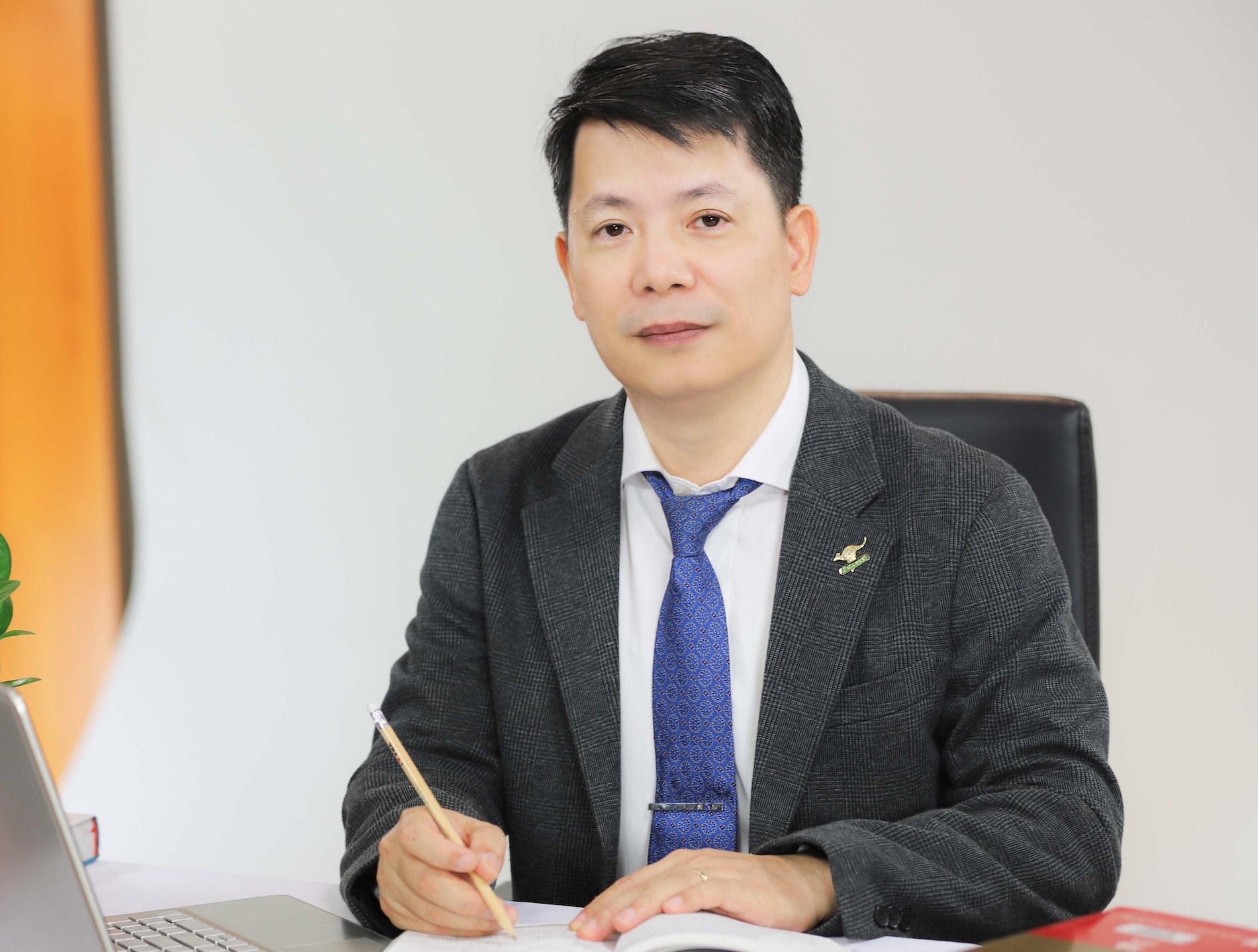
According to Associate Professor Dr. Tran Quang Tien, the common point of women’s universities is the ability to create a safe academic environment, encourage confidence and nurture leadership capacity for women. Here, women not only study to get degrees, but are also supported to become agents of social change.
These universities also offer multi-disciplinary, multi-field training and are only for female students. Some graduate schools accept men. The traditional fields of training these schools are social sciences and humanities. However, many schools have now expanded to STEM, medicine, engineering, business, etc.
“This model has contributed to overcoming the existing inequalities in the professions. In many places, women’s universities are the pioneers in giving female students the opportunity to enter fields where they are not represented,” he said.
Many suggestions for Vietnam
In Vietnam, Associate Professor Dr. Tran Quang Tien said that although our country has repeatedly affirmed its commitment to gender equality, the gender gap in STEM or policy research is still significant.
From international experience, Mr. Tien believes that referring to the women's university model can bring Vietnam many suggestions in the process of reforming higher education.
"In the flow of innovation, this is a unique model but brings practical value: Promoting gender equality, ensuring quality education and at the same time contributing to realizing the goals of science and technology development," said Mr. Tien.
According to him, those values also coincide with the orientation Vietnam is pursuing: Implementing the United Nations' sustainable development goals, especially SDG5 (gender equality) and SDG4 (quality education), as well as Resolution 57 of the Politburo on science and technology development.
“These are suggestions for us to refer to and discuss. But if viewed in a receptive spirit, the women’s university model in the world can provide more material for plans to develop higher education in Vietnam in the current context,” Associate Professor Dr. Tran Quang Tien shared.
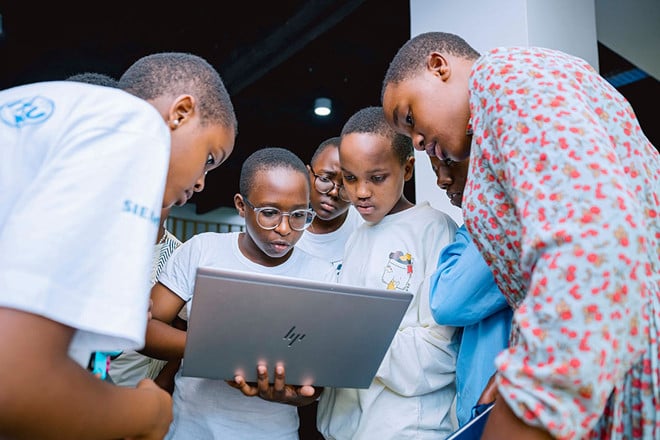
Source: https://vietnamnet.vn/pho-giao-su-goi-mo-xay-dung-truong-dai-hoc-danh-cho-nu-gioi-tai-viet-nam-2448929.html


![[Photo] General Secretary To Lam attends the 8th Congress of the Central Public Security Party Committee](https://vphoto.vietnam.vn/thumb/1200x675/vietnam/resource/IMAGE/2025/10/4/79fadf490f674dc483794f2d955f6045)
![[Photo] Solemn opening of the 8th Congress of the Central Public Security Party Committee, term 2025-2030](https://vphoto.vietnam.vn/thumb/1200x675/vietnam/resource/IMAGE/2025/10/4/f3b00fb779f44979809441a4dac5c7df)



![[Photo] Bustling Mid-Autumn Festival at the Museum of Ethnology](https://vphoto.vietnam.vn/thumb/1200x675/vietnam/resource/IMAGE/2025/10/4/da8d5927734d4ca58e3eced14bc435a3)







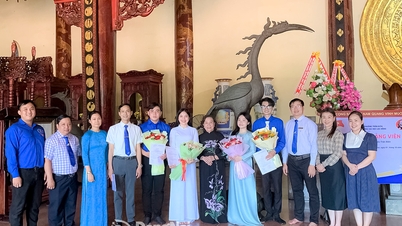
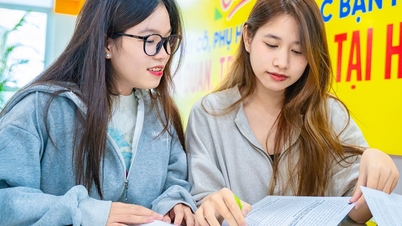

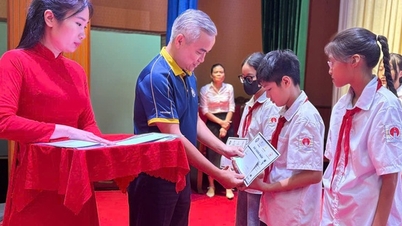

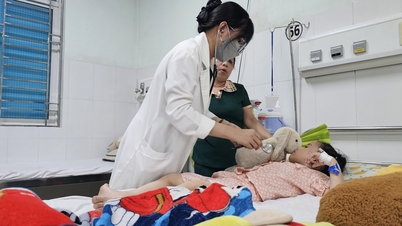










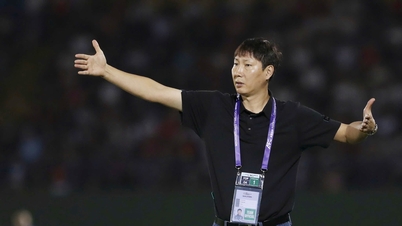

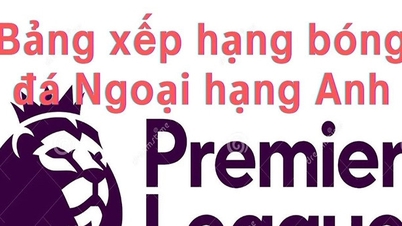
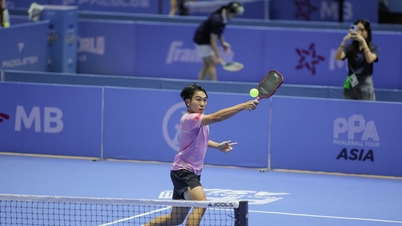

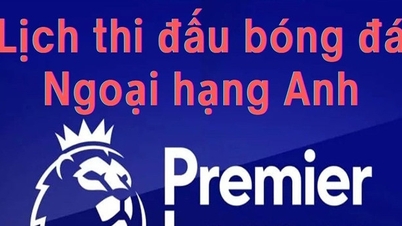

























![[VIDEO] Summary of Petrovietnam's 50th Anniversary Ceremony](https://vphoto.vietnam.vn/thumb/402x226/vietnam/resource/IMAGE/2025/10/4/abe133bdb8114793a16d4fe3e5bd0f12)

![[VIDEO] GENERAL SECRETARY TO LAM AWARDS PETROVIETNAM 8 GOLDEN WORDS: "PIONEER - EXCELLENT - SUSTAINABLE - GLOBAL"](https://vphoto.vietnam.vn/thumb/402x226/vietnam/resource/IMAGE/2025/7/23/c2fdb48863e846cfa9fb8e6ea9cf44e7)


















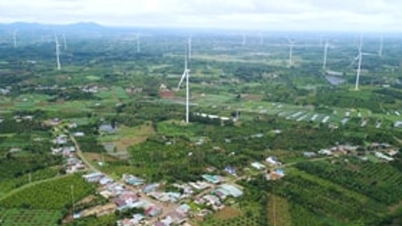

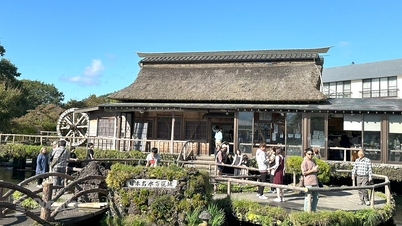










Comment (0)